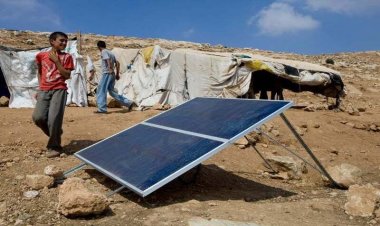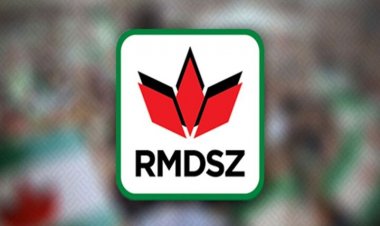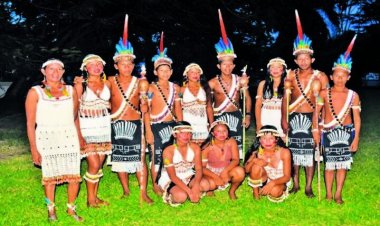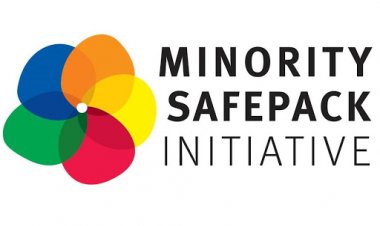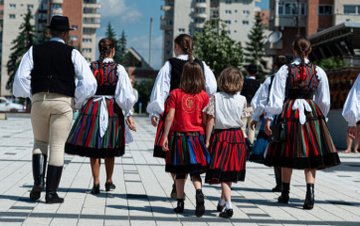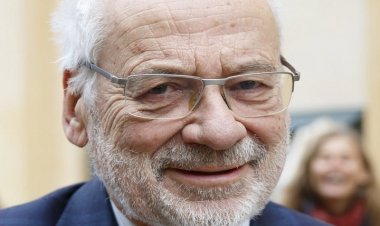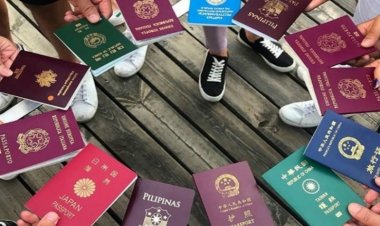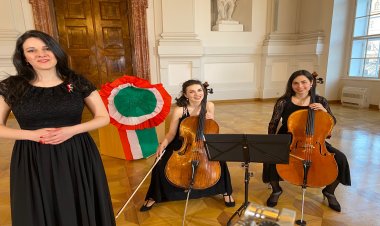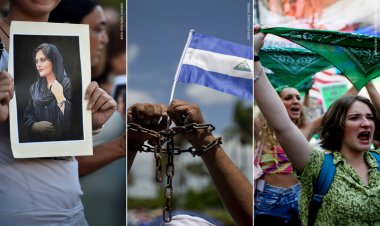Sowing the young diaspora
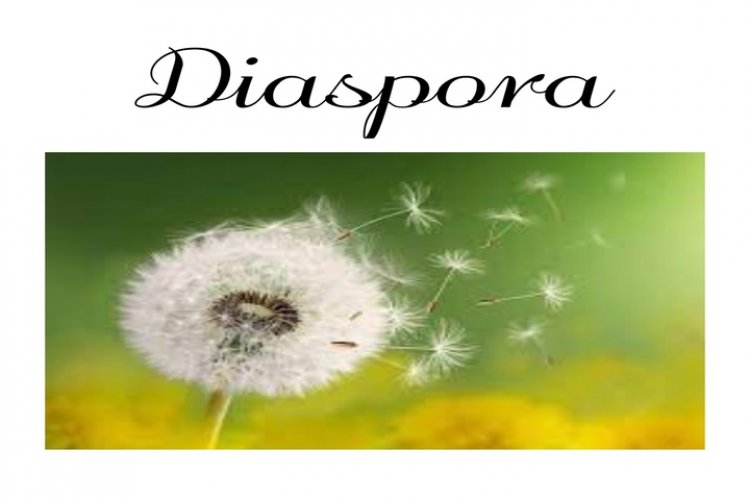
It's early February, I can still see my breath in the air and I can't wait to shed my coat in a warm place. We've chosen a cosy, small restaurant for the first pub quiz of EMIT (European Hungarian Youth Council), founded at the end of last year. I see the warm light spreading from the cellar windows and enter with determination.
As organisers Dávid Bölcskey-Molnár (president of EMIT), Botond Lengyel, and myself are meeting a little bit before the start of the evening’s program to discuss the final course of the quiz. Soon we are seated at one of the reserved tables.
After only a few minutes, I can feel my tiredness slowly dissipating and being replaced by a warmth that is only enhanced by the hot tea in my hands. The more we talk and laugh, the more that certain relief spreads around my heart. Before the others arrive, we are interviewed for rólunk.at and the questions sort of help me experience the course of the evening a little more consciously.
It would be easy to get lost in the smaller, organisational stuff, but the big question is: Who are we, really? And why are we meeting tonight? The first question could be mulled over at length, but in reality there is one thing that unites us: we are the young Hungarian diaspora.
Perhaps the meaning of the word diaspora is the best way to take a guess at why an association like EMIT is important to us. The ancient Greeks called the sowing or scattering of seeds ‘diaspora’. In fact, this image is very fitting, because in developing the association's logo, we decided to borrow the sum-symbol from the Greek alphabet. This is how EMIT became ∑MIT: the sum of the European Hungarian Diaspora.
As young Hungarians in all corners of Europe, we are just that: scattered seeds, often lacking Hungarian cultural exchange and cohesion. We can be perfectly integrated and happy young people in Austria, but – like many other facets of identity – living out our native language and culture can only support our personal development. If we wish to continue the metaphor of the seeds, we may as well grow through each other.
There are various Hungarian kindergartens, schools and programmes for children in Vienna to develop in relation to Hungarian culture, but it is during the post-quiz drinks that evening that we realise something: once we outgrew school, we lost those regular encounters with our peers. And we miss it.
We are all adults now, we can make our way in the world. We can stand on our own two feet, or at least one foot, if we’re struggling. We don't need weekly education, but if we manage to meet once or twice every couple months, we can laugh at things that our non-Hungarian friends might not understand, and sink a little bit into our own culture... Then EMIT has already achieved its goal.
Evelin Grubbauer


